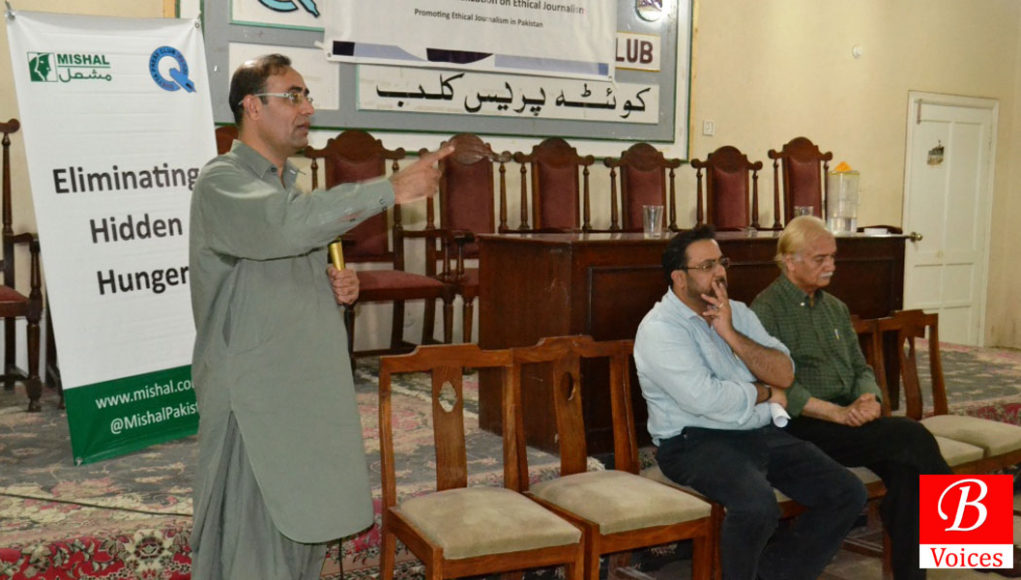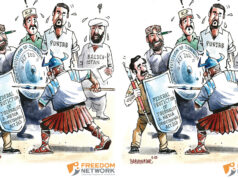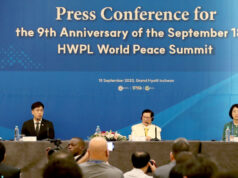Quetta: Impact of commercialization on ethical journalism was discussed in a conference held in Quetta Press Club, on Wednesday.
Conference was held by Mishal Pakistan, an organization which works on Media, Development and Communication strategies. This was the 3rd Conference of the series and earlier similar sessions had been conducted with stakeholders in Peshawar and Faisalabad.
Syed Ali Shah, senior Journalist, moderated the conference and also delivered the inaugural address.
Amir Jahangir, Chief Executive Officer (CEO) of Mishal Pakistan, delivered a detailed presentation on the topic of “Impact of commercialization on Ethical journalism in Pakistan.”
Read also: Responsible Journalism can Promote Peace and Harmony: Speakers
He lamented that there is almost no literature available in Pakistan on media ethics.
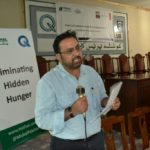
He said that Mishal Pakistan in collaboration with Allama Iqbal Open University (AIOU) is carrying out a research on media ethics and this conference is part of that exercise.
More than 10,000 journalists are working in Pakistan and only 300 elite journalists out of them get extraordinary privileges and rest of them find it difficult to meet the ends – Amir Jahangir
In his presentation, Mr. Jahangir said that more than 10,000 journalists are working in Pakistan and only 300 elite journalists out of them get extraordinary privileges and rest of them find it difficult to meet the ends.
“In such situation it’s not possible for Pakistani media to be fair, free and ethical,” contended CEO of Mishal.
He further said that Pakistani media with average journalist age of 29 years is most vocal in all of South Asia.
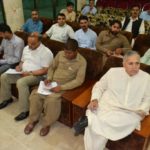
Shahzada Zulfiqar, President of Quetta Press Club, said that advertisers have hijacked media landscape in Pakistan.
“Gifts to journalists by business companies and politicians have become a norm which is wrong in principle,” he added.
Saleem Shahid, veteran journalist, was of the view that ethical journalism is threatened when journalists begin to abuse their position.
He lamented that people with no journalistic experience have been hired at important positions in TV channels and it has further deteriorated state of journalism in the country.
Tahir Hussain advocate, Head of Balochistan Chapter of Human Rights Commission of Pakistan (HRCP) said that majority of journalists in Pakistan are not regular employees and it’s the biggest factor which prevents them from ethical journalism.
In the end, Quetta Press Club and Mishal Pakistan also signed a Memorandum of Understanding (MoU) to develop special training sessions for journalists to improve ethical standards and reporting on the Sustainable Development Goals (SDGs), especially on the issues and challenges of “Eliminating Hidden Hunger.”
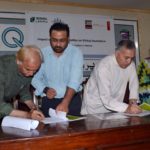
Next conference of this series will be held in Karachi on 6th June with editors and publishers of media outlets.
Share your comments!


